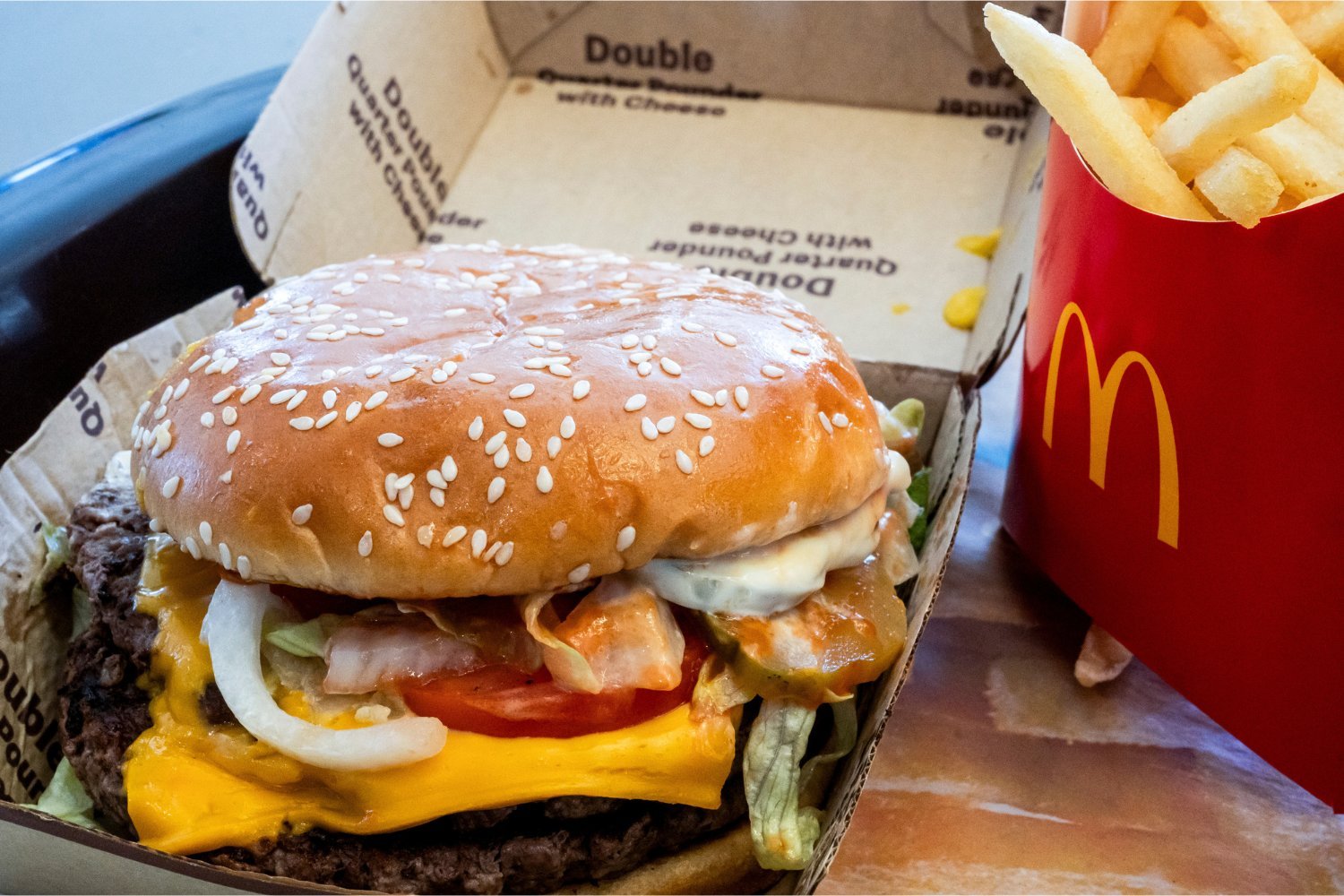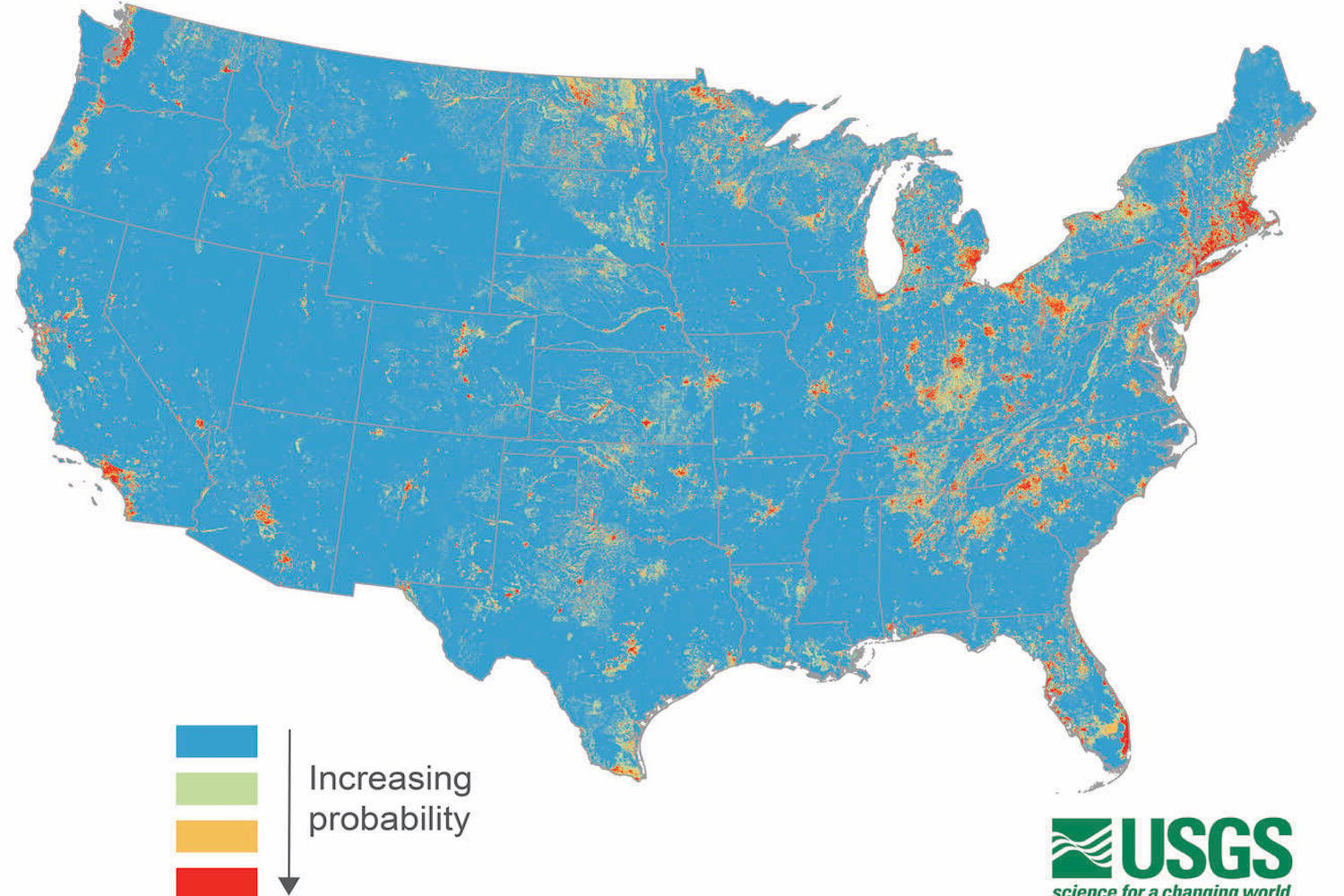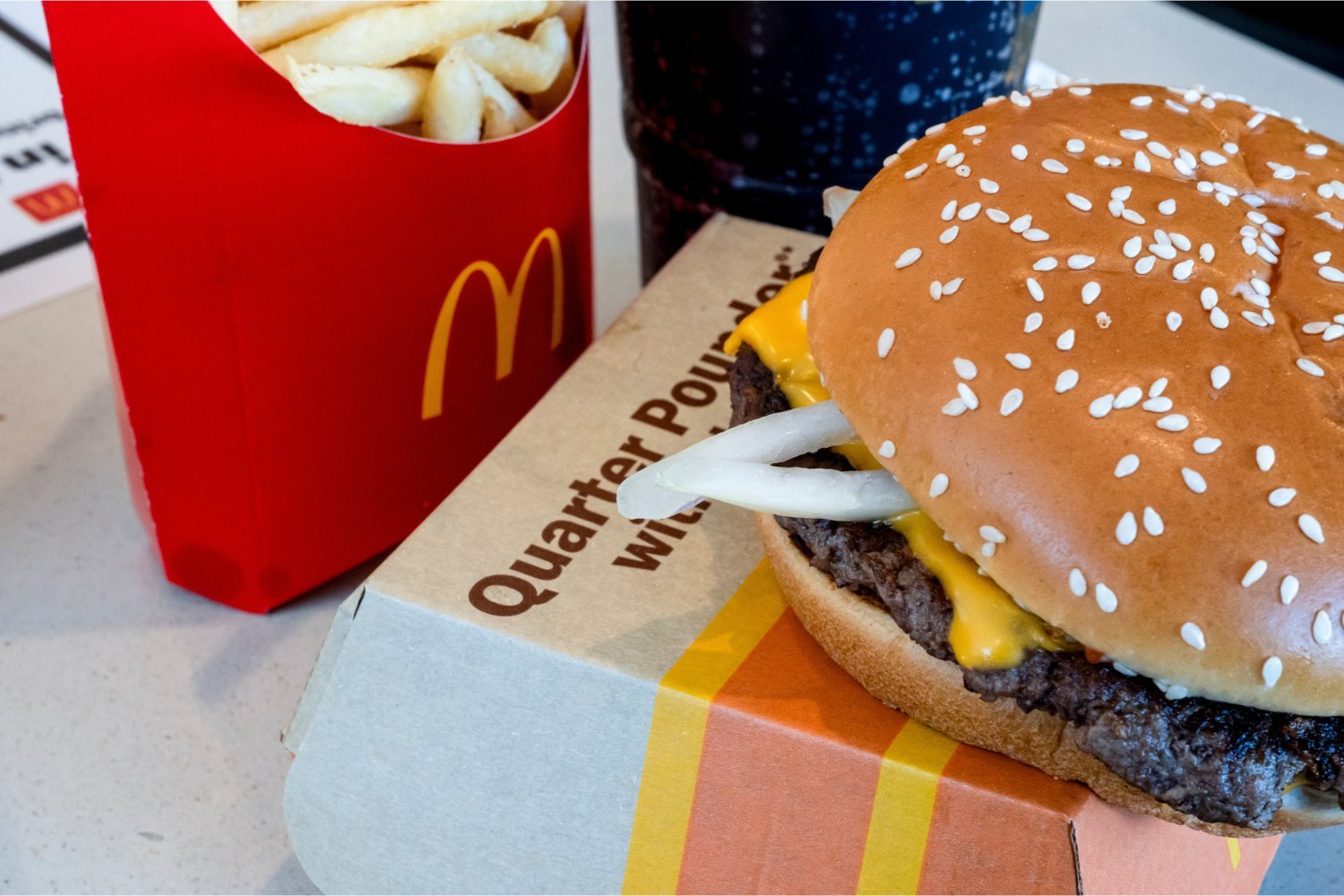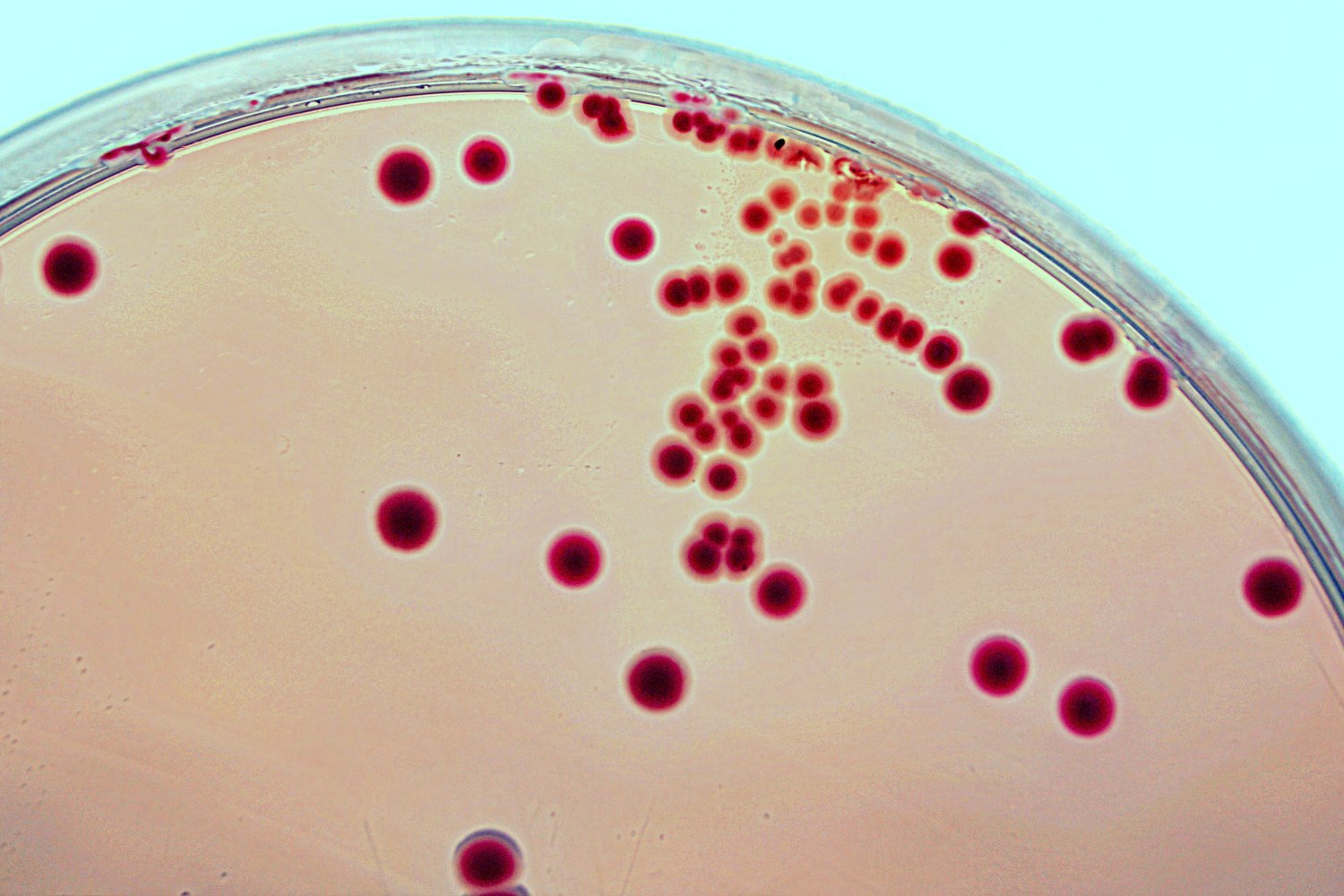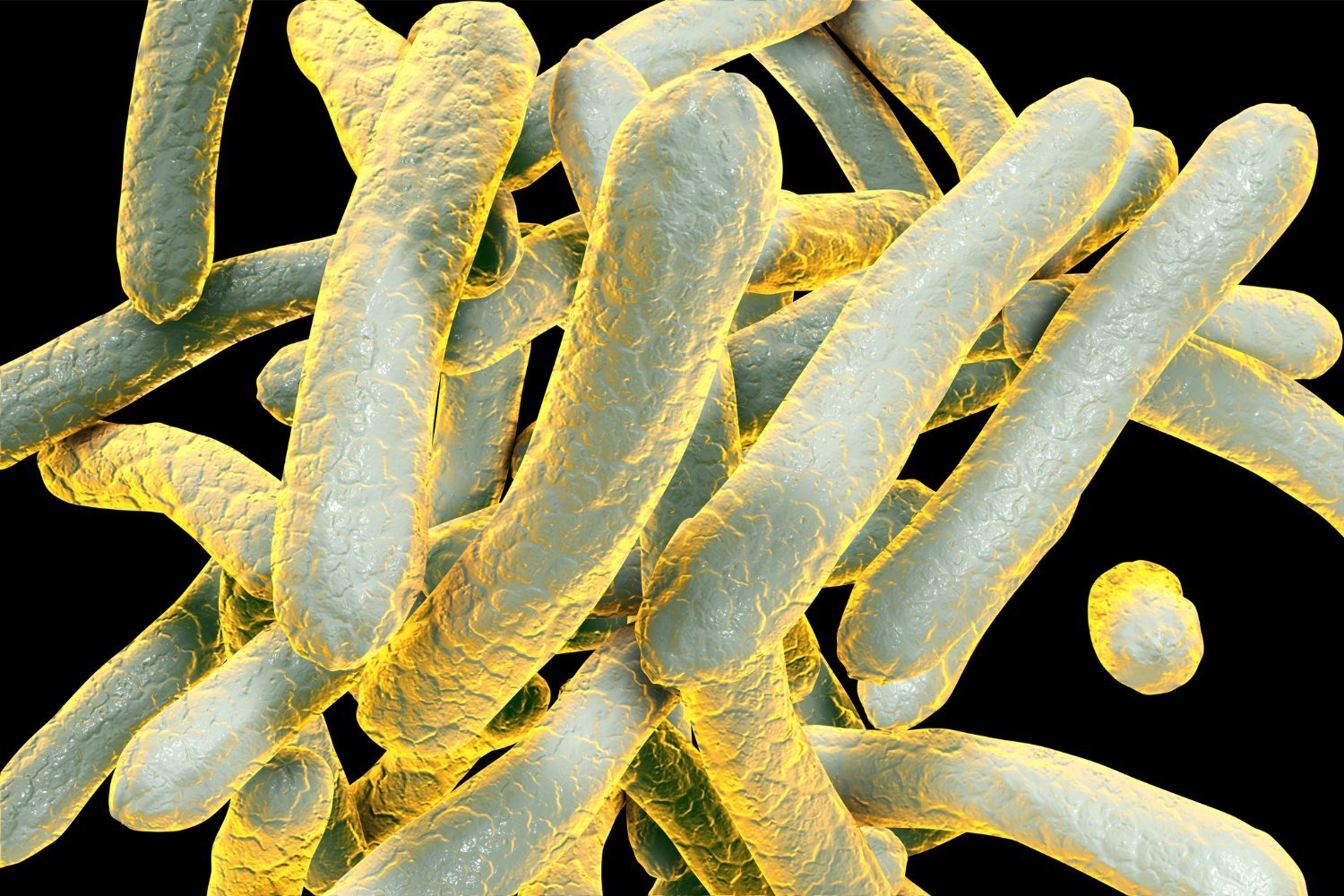The heat is on for McDonald’s as they grapple with a recent Escherichia coli outbreak potentially linked to their Quarter Pounders. Colorado resident Eric Stelly has filed the first lawsuit against the fast-food giant, alleging he contracted a gastrointestinal illness and tested positive for E. coli after consuming a Quarter Pounder in early October.
The U.S. Centers for Disease Control and Prevention (CDC) reported the outbreak on Tuesday, revealing that at least 49 people across ten states have fallen ill, with ten hospitalizations and one fatality. While most victims reported eating Quarter Pounders, the investigation is ongoing, and fresh slivered onions, used exclusively on these burgers, are a suspected source of contamination. Stelly’s legal representation, Ron Simon and Associates, filed the lawsuit against McDonald’s on Wednesday in Cook County, Illinois, the location of the company’s headquarters.
The Lawsuit and Ongoing Investigation
According to the complaint, Stelly ate at McDonald’s on October 4th, just days after the CDC estimates the outbreak began in late September. He experienced symptoms including nausea, stomach cramps, dehydration, and bloody stools—a common indicator of certain E. coli infections—starting on October 6th. By October 8th, his condition worsened, leading him to seek emergency room treatment, where a stool sample was collected. Days later, the Weld County Department of Public Health confirmed Stelly’s E. coli diagnosis. He is reportedly still recovering.
The Dangers of E. coli O157:H7
While many E. coli strains cause mild illness, the O157:H7 strain implicated in this outbreak is particularly dangerous. It produces toxins that can lead to severe complications like hemolytic–uremic syndrome (HUS), a condition damaging blood vessels and potentially causing organ failure, especially in the kidneys. One individual in this outbreak has developed HUS, although this individual is not the reported fatality. Vulnerable populations, including young children and individuals with weakened immune systems, face a higher risk of severe illness from E. coli and other foodborne pathogens.
Potential Legal Ramifications for McDonald’s
Foodborne outbreaks are often larger than reported figures suggest, as many individuals with mild symptoms may not seek medical care. Stelly’s case is likely the first of many legal actions against McDonald’s. Ron Simon and Associates, representing Stelly, claims to represent ten additional plaintiffs affected by the outbreak and has launched a website for other potential victims to come forward.
McDonald’s Response and Preventative Measures
McDonald’s states the suspected contaminated onions came from a single supplier serving three distribution centers. They have halted distribution of these onions to affected regions and instructed restaurants to remove the product from their inventory. As a precautionary measure, Quarter Pounders have been temporarily removed from menus in states where cases have been reported.
The Impact of the Outbreak
Lawyer Ron Simon stated, “The McDonald’s E. coli Outbreak will be one of the most significant food poisoning outbreaks this year. Through this lawsuit and others, we will make sure that all of the victims are fully compensated for their losses, that their voices are heard, and that McDonald’s and its suppliers permanently fix the health violations that caused the food to become contaminated with E. coli,” according to a statement from the firm. The outbreak underscores the importance of food safety practices and the potential consequences for companies when these practices fail.



